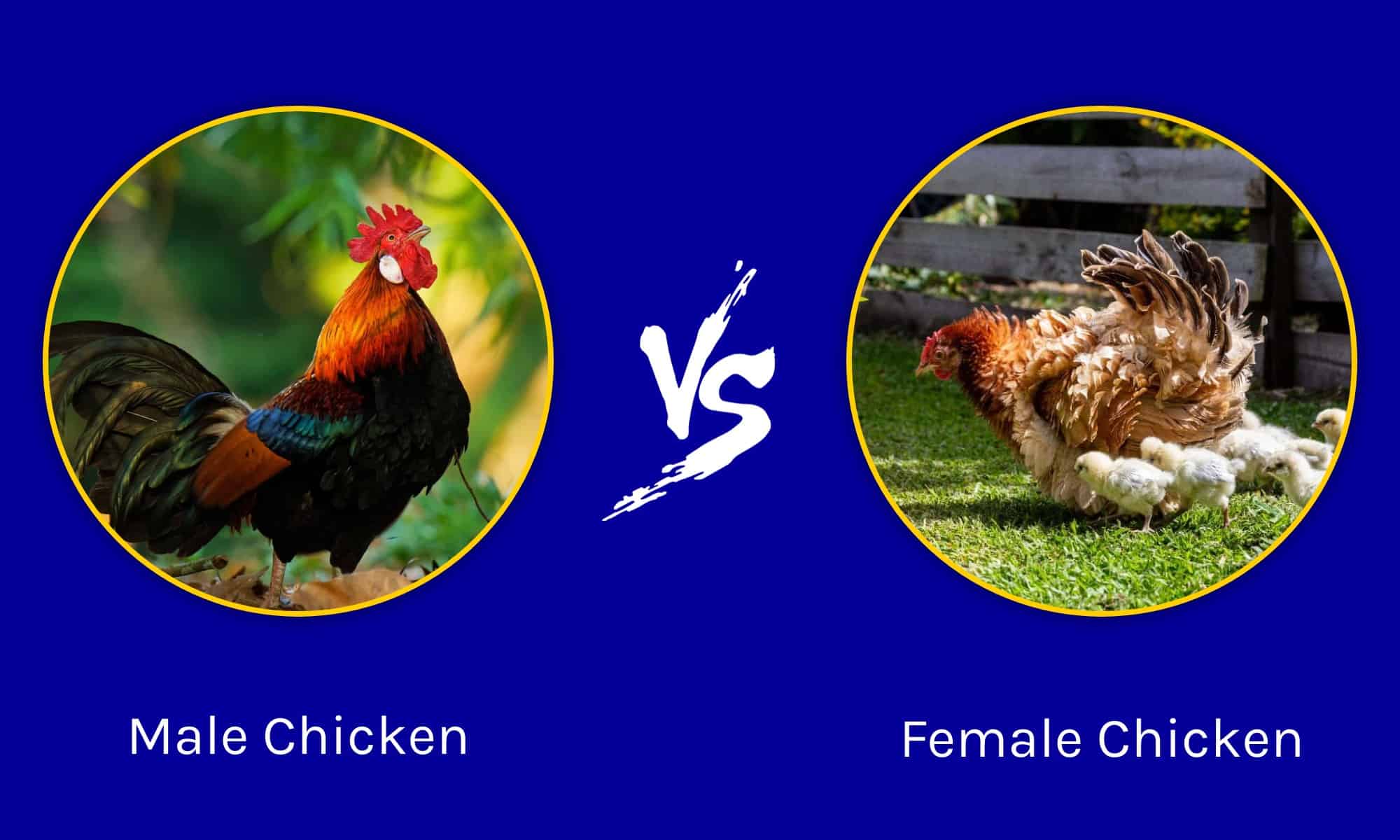
Male vs Female Chicken The Key Differences AZ Animals
Once it has been castrated, the rooster is referred to as a capon, and becomes more docile and much fatter, making it a better bird for eating. Capons are still available in poultry markets, but they're fairly hard to find. The flesh tastes much better, and is preferred by people who really love chickens. Caponization is done when the rooster.

Phenotypes of Xingyi bantam chickens. (a,b) Female and male chickens.... Download Scientific
Roosters Can I Neuter My Rooster? (When, why, how) By Allison Salonko September 1, 2021 When someone orders a batch of chicks to raise, it is always likely that even if you only asked for hens, that you will end up with a rooster. Sexing chicks at a very young age is only about 95-98% accurate.
/RedCatMatingTabby-Getty3419x2914-56f6cf063df78c78418dbefa.jpg)
Male Neutered Cat Mounting Cat Meme Stock Pictures and Photos
May 12, 2023 Table of Contents Can you Neuter a Rooster - How to Castrate a Rooster Capon Meat is Tastier Than Hen Reasons to Caponize/Neuter a Rooster/Neutered 12 Ways to Make Money by Chicken Farming—Extensive Guidelines for Chicken Farmers Rooster Balls / How Do You Caponize a Rooster? Why Keep A Pet Capon? Capons
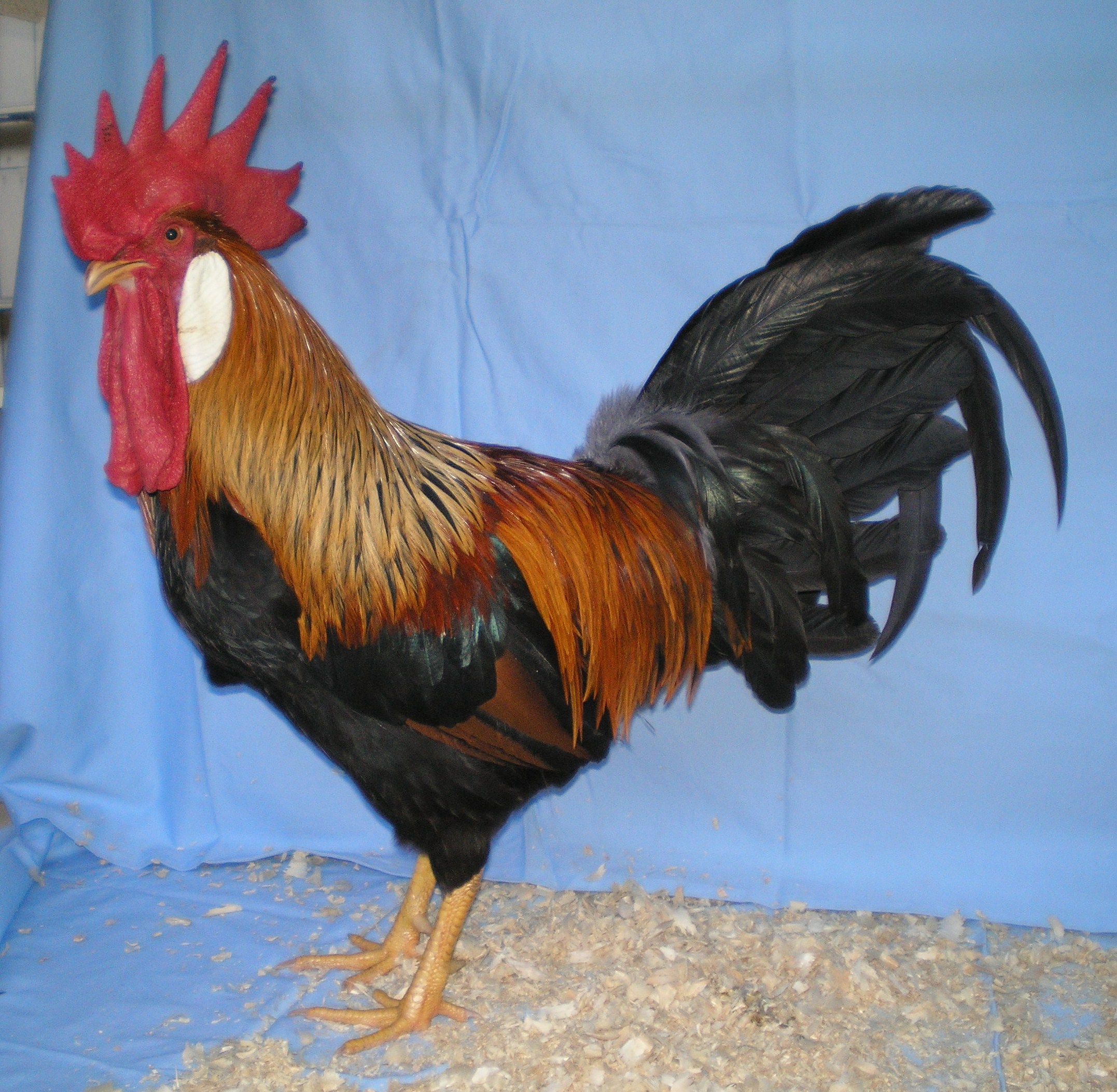
Brown Leghorn Chickens
No, roosters cannot be neutered. Neutering is not possible due to the anatomy of roosters. The only solution is to remove the testicles through a surgical process known as caponizing. The procedure is only performed on male chickens younger than 4 months old. Canonization is a common practice in the poultry industry to improve meat quality and.

Neutering or castrating a rooster is known as “caponizing.” This process produces what is called
Chicken is a kind of bird that humans domesticated a long time ago. The males are called roosters, and the females are called hens. Meanwhile, a young chicken is called a chick. Known as the closest relatives of the T-rex and are omnivores, chickens are mainly raised for their meat and eggs.

Male Chicken image Free stock photo Public Domain photo CC0 Images
The Crossword Solver found 30 answers to "neutered male chicken", 5 letters crossword clue. The Crossword Solver finds answers to classic crosswords and cryptic crossword puzzles. Enter the length or pattern for better results. Click the answer to find similar crossword clues . Enter a Crossword Clue.

How To Chicks male or female Sexing chickens, Silkie chickens, Keeping chickens
Why Is a Rooster Neutered? Neutering or castrating a rooster is known as "caponizing." This process produces what is called a "capon" (a castrated horse is a gelding, a castrated male cow is a steer, and a castrated rooster is a capon). Caponizing used to be a very common practice, back when most people raised their own chickens.

Hoe te Seks Kuikens Hoe te vertellen Man of Vrouw, Hen of Haan Sport and Life
An adult male is a called a cock or (in the United States) a rooster, and an adult female is called a hen.. Other terms are: Biddy: a newly hatched chicken; Capon: a castrated or neutered male chicken; Chick: a young chicken; Chook / tʃ ʊ k /: a chicken (Australia/New Zealand, informal); Cockerel: a young male chicken less than a year old; Dunghill fowl: a chicken with mixed parentage from.

What is a Male Chicken Called? A Handy Glossary of Chickens
A capon is a male chicken that has been castrated, or surgically altered to remove the testes. This results in a bird that is significantly larger than a regular chicken, with more tender and flavorful meat. The best time to caponize is between 6 weeks and 3 months of age, depending on the chicken's weight and breed.

Complete Guide To Hatching Chicks With A Broody Hen Chickens And More
Respiratory Anatomy of a Rooster. Roosters need to have a strong respiratory system in order to wake the whole neighborhood with a hearty cock-a-doodle-do. In mammals, the diaphragm helps the lungs inflate and deflate. A chicken is different; they have air sacs. Nine air sacs, to be exact, located in the neck.

What is a Male Chicken Called? A Handy Glossary of Chickens
Can I Neuter My Rooster? The Truth About Caponization by Jane Cowan It is technically possible to castrate or neuter roosters, but the practice known as caponization is a highly controversial one that, though still legal in the US, has been banned elsewhere on animal welfare grounds.

What Is A Male Chicken Called? (Cock Term Explained!)
Capons fetched four times the price per pound of a typical chicken, he wrote. They had value before slaughter, too: Capons would mother chicks better than hens while still retaining enough of a rooster's fierceness to fight off hawks. If only farmers had the patience to learn "caponizing," this particular form of castration, and let the.
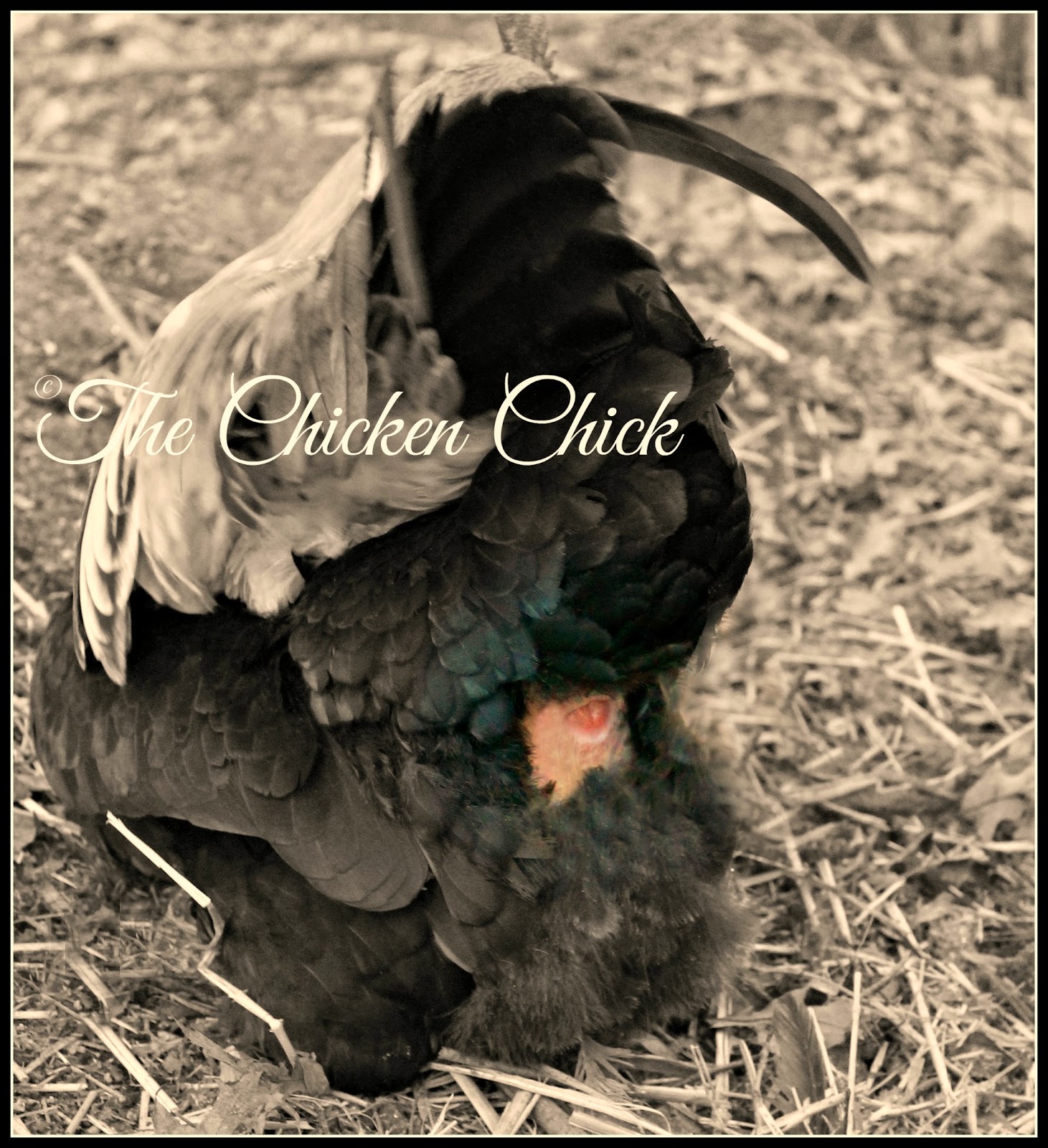
Chicken Mating How Does That Work? The Chicken Chick®
By Jason Roy May 28, 2023. Yes, it is possible to neuter a rooster, but it is a complex and risky procedure that should only be done by an experienced veterinarian. Rooster neutering involves removing their testicles, and if done incorrectly, it can lead to complications and even death. Roosters are male chickens that become sexually mature at.

Part Two A Hen’s Reproductive System Backyard Poultry
A neutered male chicken is known as a Capon. Roosters may be castrated through chemical or physical means. It may be regularly induced with estrogen before it matures fully, as a result, castrated male chickens do not show similar behavior patterns as roosters that have not been castrated.
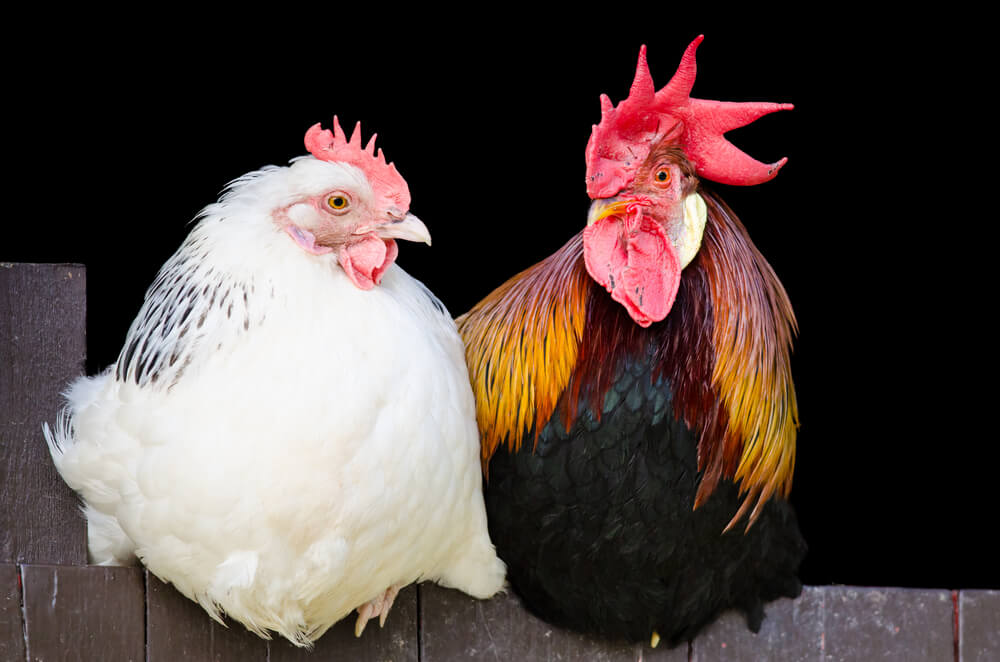
How To Tell A Rooster From A Hen 5 Easy Differences Explained
Nonetheless, sexing very young chicks is quite challenging and only 90-95% accurate. As such, it is almost inevitable that some of your chicks are roosters. Thankfully, you can neuter or castrate roosters. The process of castrating or neutering roosters is known as caponizing. It entails removing the birds' testicles before they reach puberty.
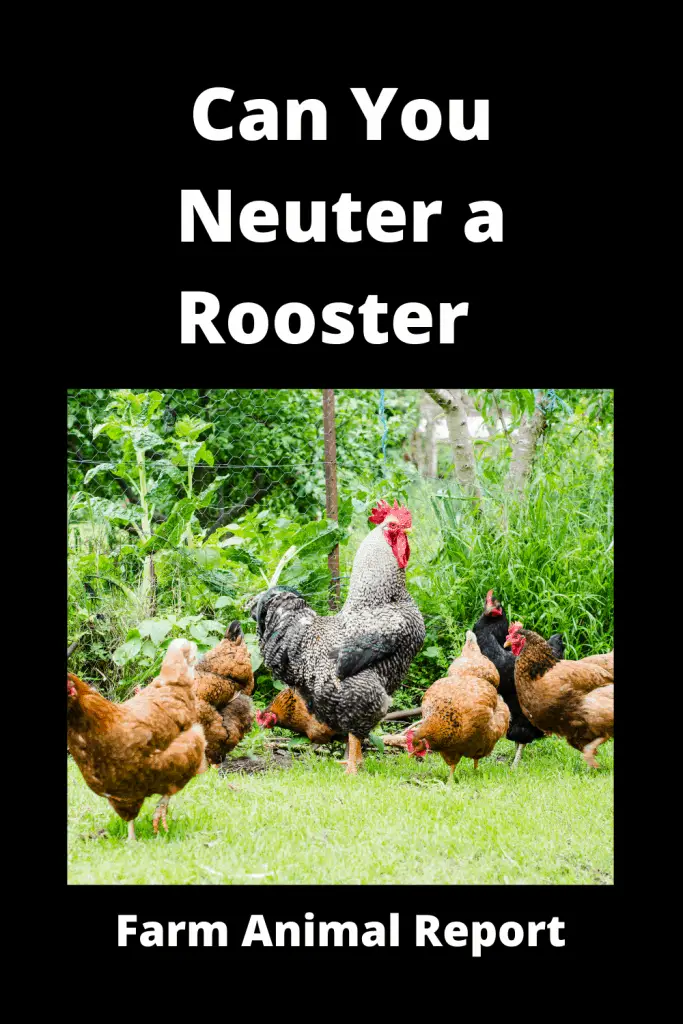
5 Methods Can You Neuter A Rooster Roosters Neutered (2023)
A capon (from Latin: cāpō, genitive cāpōnis) is a male chicken that has been castrated or neutered, either physically or chemically, to improve the quality of its flesh for food, and, in some countries like Spain, fattened by forced feeding. History David Rijckaert II Still life with a lemon and capon